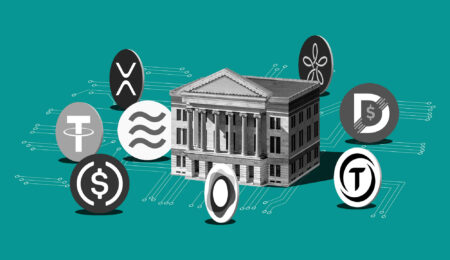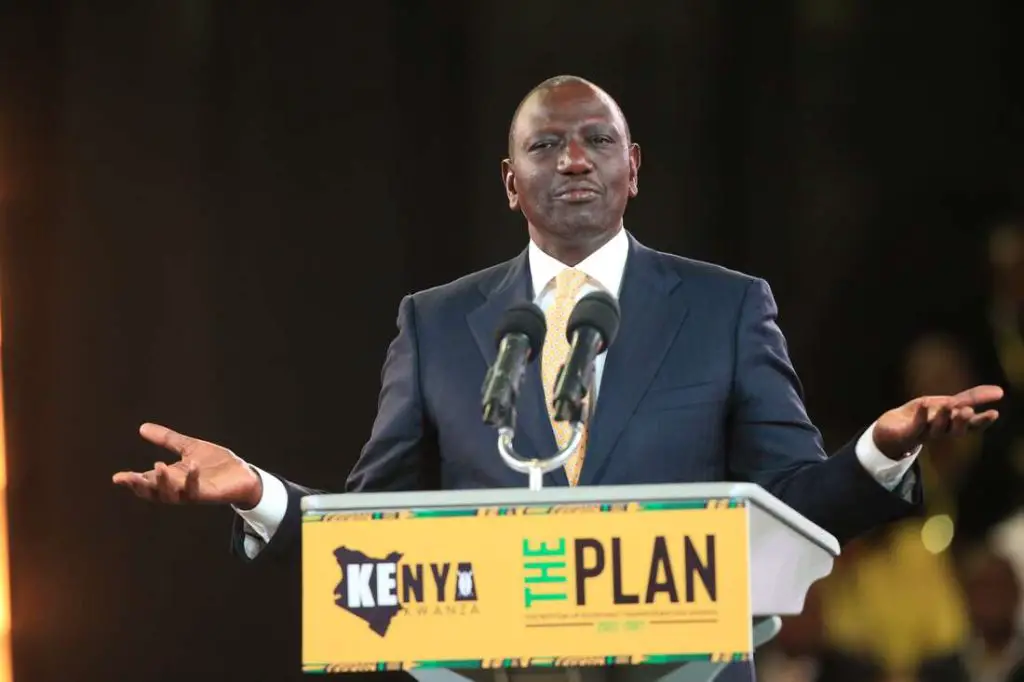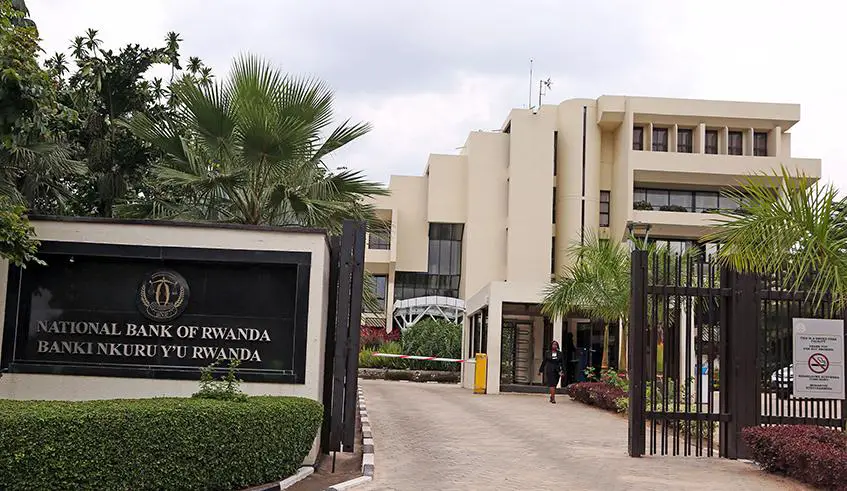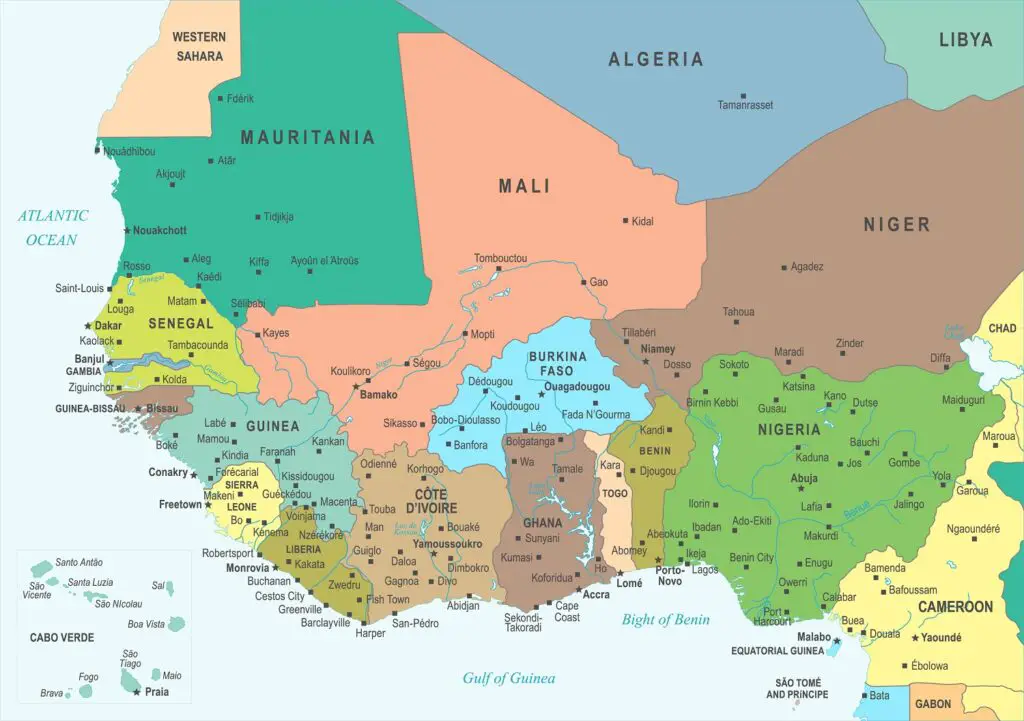- Africa’s new dawn: the rising role of digital and AI in agriculture
- Can Dangote Refinery Transform Africa Energy Ambition
- Gallup Survey: 80 per cent of Kenyan Workers Are Disengaged and Seek New Opportunities
- Madagascar Man Freed from 5KG Tumor After 15-Year Struggle
- How women in Africa are perceived and treated
- Sugar consumption in Kenya to Increase to 1.23 Million Tonnes
- Can Somalia and Turkey Oil deal Bring Change in Somaliland
- Remittances to Kenya dropped to $371.6 million in June, marking a six month low
Browsing: eNaira
In May 2023, Zimbabwe released a gold-backed digital currency for peer-to-peer and business transactions. It acted as a store of value as the Zimbabwean dollar continued its steep depreciation. International gold prices controlled by the London Bullion Market Association will dictate the local pricing of Zimbabwe’s digital currency tokens.…
When CBDCs first came to the fore, many touted such a move as a game-changer in digital finance. Many had thought that the adoption of CBDCs in Africa would take the shape of the adoption of cryptocurrencies, where the region leads in many aspects. However, challenges remain. Lack of the requisite infrastructure, low levels of financial literacy, and operational and regulatory challenges have combined to contribute to low penetration and adoption rates for CBDCs.
The lack of adoption is a current failure point for many launched CBDCs. Nigeria’s eNaira had a million customers one year into its launch, a smattering of its 221 million population. The real challenge of CBDCs lies in developing a clear sense of purpose. African central banks must answer to the kind of role that CBDCs will play in the economy and financial systems.…
Africa is a strong contender for developing technologies such as blockchain and cryptocurrency owing to the continent’s growing mobile tech adoption rates. Considering the turbulent global financial markets, expensive remittance costs, and restricted banking access, blockchain in Africa offers alternatives to tackle their day-to-day issues.…
Regionalising the power balance between central and commercial banks can address the risks associated with the adoption of CBDCs in Africa. Commercial bank digital wallets can thus reduce the costs underlying the correspondent banking channels. These wallets can also promote cross-border trade in Africa by restricting the focus of central banks to the B2B and interbank payment ecosystems. Central banks have traditionally managed this well while incorporating these systems across borders. In such a scenario, each actor—public and private—does what it does best.…
Kenya has not been left behind in the growth and development of technology. East Africa’s richest economy stands tall in the development of digital technology. However, a lot needs to be done, and the new administration has enough space to execute its plan regarding the advancement of the Kenyan digital space.…
In October 2021 Nigeria became the first country in Africa and of among few in the world to issue a digital currency that was dubbed ‘eNaira’.
Financial experts say the digital currency issued by central banks cut transaction costs and increase financial inclusion.
Maurice Muhiza Rwamigabo, Head of Exploration & Coordinator at the Accelerator Lab (an innovation and technology lab) of the United Nations Development Programme (UNDP) in Rwanda, said in an opinion article titled ‘Should Rwanda adopt a national digital currency?’ that if Rwanda wants to restructure its financial system and position itself as an important player in the future global economy, it should systematically assess and take the steps needed to develop its own Central Bank Digital CBDC.
“A CBDC would offer Rwandans a safe, free, and easy alternative to cash. It would expand financial inclusion by enabling more of the unbanked population to participate in the formal …
The question is, what if one day you went to pay for expenses with your card or mobile app and it returned an error message? Or was your service provider that issues your money declared bankrupt? Scary, right?
Recently, customers have been converting their regular traditional money into e-money. Service providers have enabled the transfer of electronic money to banks, from person to person, and for making payments.
For regulators and supervisors that control the protection of consumers’ e-money and digital currencies, coming up with legal bindings and restrictions in the fast-changing sector has become very challenging. These regulators and supervisors must devise ways to protect customers from a possible system failure and ultimately prevent them from losing their funds.…
Whether Nigeria and Ghana will abandon their digital currencies and jump on the Eco train is an unclear narrative, but it appears unlikely because of the significant investments put into them and the optimism by the governments to embrace digital transformations.
Nigeria had banned cryptocurrency transactions in February last year which increased the popularity of the eNaira as an alternative for cross-border trade and remittance inflows.
eNaira critics say that the solutions being offered by the digital currency are already existing in online banking and bank card transactions. …
 While others are still skeptical around the world, crypto currency is not only taking root in Africa but is now starting to bear fruit. The Central Bank of Nigeria has announced it launching its own national digital currency, the eNaira.
While others are still skeptical around the world, crypto currency is not only taking root in Africa but is now starting to bear fruit. The Central Bank of Nigeria has announced it launching its own national digital currency, the eNaira.
This announcement makes Nigeria the first African country to have a central bank-backed digital currency.
Central Bank Governor Godwin Emefiele says the currency will serve to accelerate financial inclusion in the country of over 213 million people. A lot of African countries are taking only baby steps towards allowing the use of cryptocurrencies and may are warning their public to be wary.
However, Nigeria is proving why it is Africa’s biggest economy with its Central Bank envisioning the crypto option will accelerate financial inclusion and even allow for cheaper and faster remittances.
“This digital money, the cryptocurrency, will allow us to have easier targeted social interventions, as well as help …













